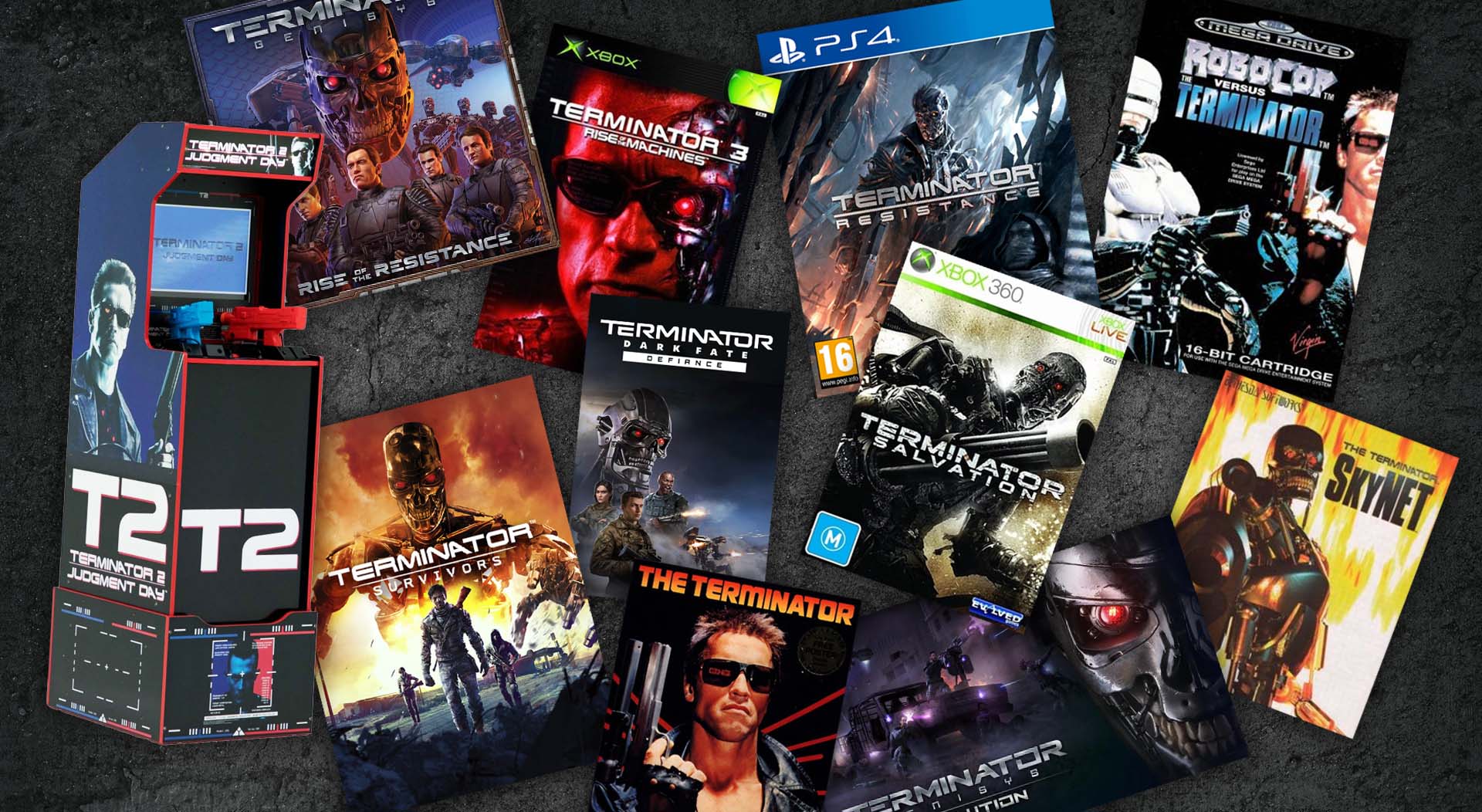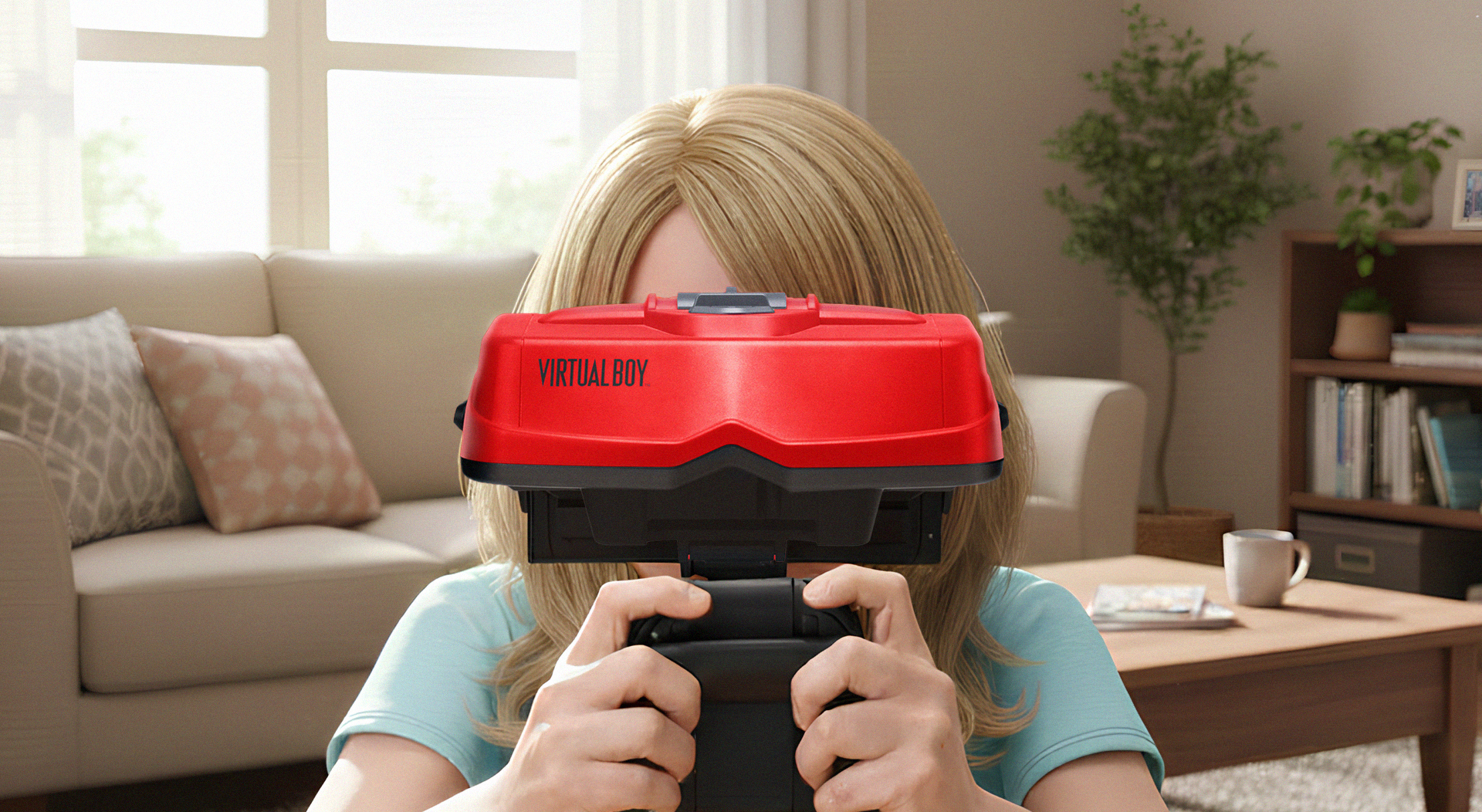Few sci-fi franchises have left as significant and lasting an impact on pop culture as James Cameron’s Terminator series. With its bleak vision of a machine-dominated future, relentless robotic assassins, and memorable one-liners delivered by Arnold Schwarzenegger’s T-800, it has captivated moviegoers worldwide for over four decades. Naturally, the franchise’s blend of high-stakes action, time travel, and dystopian horror begged to be explored in the interactive medium of video games.
But while some Terminator games have become cult classics beloved by fans and arcade enthusiasts, others have been ill-fated attempts that failed to capture the spirit of the films. And curiously, several major Terminator movies did not even receive proper game tie-ins — a missed opportunity for a franchise so steeped in technological warfare.
This article offers a deep dive into the entire history of Terminator video games, the films that inspired them (or didn’t), and what lies ahead for Aussie gamers eager to wage their own battles against Skynet.
Origins: The 1984 The Terminator Film and Its First Game Adaptation
James Cameron’s original The Terminator film, released in 1984, was a relatively low-budget sci-fi thriller that quickly achieved cult status. Its compelling story of a killer cyborg sent from the future to assassinate Sarah Connor, and the human soldier sent to protect her, combined with Cameron’s gritty direction and Schwarzenegger’s iconic role, laid the groundwork for a multimedia franchise.
No Immediate Game Tie-In
Interestingly, despite the film’s instant popularity, there was no immediate video game tie-in. The 1980s gaming industry had yet to establish the aggressive licensed game tie-in culture that would dominate the 1990s and beyond. It wasn’t until 1990 that Bethesda Softworks — yes, the Bethesda behind Fallout and Elder Scrolls, developed The Terminator for MS-DOS.
Bethesda’s 1990 The Terminator PC Game
This early title was an ambitious attempt to recreate the film’s atmosphere with an open-world design set in a blocky, pixelated Los Angeles. Players could take on the roles of Kyle Reese or the T-800, engaging in mission-based gameplay across a rudimentary cityscape. Although primitive by today’s standards, the game was praised for trying something different compared to the typical linear side-scrollers of the time.
Australian PC gamers might recall wrestling with its clunky controls but appreciating its narrative ambition — a precursor to open-world action games that wouldn’t become mainstream until years later.
The Arcade and Console Boom: Terminator 2: Judgment Day (1991)
The sequel, Terminator 2: Judgment Day, exploded onto cinema screens in 1991 and swiftly became a blockbuster hit. Its success triggered a w
ave of merchandise, including a slew of video game tie-ins across many platforms.
T2: The Arcade Game – An Aussie Arcade Staple
Midway’s T2: The Arcade Game remains one of the most iconic Terminator games ever made. A rail shooter featuring dual-mounted machine guns, digitised sprites of Schwarzenegger and other cast members, and relentless waves of endoskeleton enemies, it was a staple in arcades worldwide, including Australian venues like Timezone and Intencity.
The visceral thrill of blasting through hordes of metal killers while iconic film music played in the background made it a hit with gamers and film fans alike. It perfectly captured the film’s high-energy shootouts and apocalyptic stakes.
Ports to Home Consoles
To bring the arcade excitement home, the game was ported to platforms including the Sega Mega Drive (known as the Genesis in the US), Super Nintendo Entertainment System (SNES), and even handhelds like the Game Boy. These versions necessarily toned down the arcade experience but retained the core action, making them popular choices among Australian gamers in the early 1990s.
Expanding the Universe: Other ’90s Terminator Games
Beyond T2, the ’90s produced a range of Terminator titles exploring different gameplay styles and platforms, reflecting the franchise’s growing popularity.
RoboCop vs. The Terminator (1993–94)
One standout was RoboCop vs. The Terminator, which uniquely crossed over two major sci-fi properties. Released for the Mega Drive, SNES, and PC, it blended side-scrolling beat-’em-up and shooter gameplay with a grimy cyberpunk aesthetic.
The Mega Drive version, in particular, was lauded for its graphic violence, challenging difficulty, and faithful blend of the two universes. Australian gamers with cartridges or emulators still remember it fondly as one of the better licensed games of the era. You can read a detailed retrospective at Den of Geek’s article on RoboCop vs. The Terminator.
Bethesda’s FPS Experiments: Future Shock and SkyNET
Bethesda struck again with Terminator: Future Shock (1995), a first-person shooter set in the devastated future war against Skynet. Notably, it was among the first FPS games to support mouselook, predating Quake’s widespread adoption of the feature. Its sequel, SkyNET (1996), improved on graphics and gameplay, adding multiplayer modes and deeper level design.
While never blockbuster hits, these PC games won cult followings for their atmosphere and innovative mechanics, appealing to fans who wanted to immerse themselves in the grim post-apocalyptic conflict.
The 2000s: Decline of Quality Tie-Ins and Franchise Fatigue
The early 2000s brought Terminator 3: Rise of the Machines (2003) and its associated games — but the golden era of Terminator tie-ins was fading.
Terminator 3: Rise of the Machines (2003) Game
The T3 game released for PlayStation 2 and Xbox was heavily criticised for poor controls, repetitive missions, and uninspired design. Despite the film’s hype, the game was branded “a trainwreck” by reviewers like IGN and failed to capture the intensity of the movie’s storyline or action sequences.
T3: Redemption (2004) – A Modest Improvement
A follow-up, T3: Redemption, attempted to refine the formula by adding vehicular combat and more varied gameplay. While an improvement, it failed to spark renewed interest or critical acclaim.
Terminator Salvation (2009) Tie-Ins
Terminator Salvation aimed to reboot the franchise with a post-apocalyptic focus, but its game adaptations failed to impress. The main console/PC title was a generic third-person shooter, quickly dismissed by critics for shallow gameplay and lacklustre graphics. The arcade rail shooter version also failed to make a splash in the Australian arcade scene, which by then was already in decline. You can find more about its reception on GameSpot’s review.
Missing Links: Films Without Proper Game Tie-Ins
Some Terminator films surprisingly had minimal or no proper gaming adaptations — a curious situation given the franchise’s technological and action-driven themes.
Terminator Genisys (2015)
Despite being a tentpole release, Genisys received no console or PC game. Instead, the franchise’s presence was limited to Terminator Genisys: Revolution, a mobile cover-based shooter with freemium mechanics. This game was widely criticised for repetitive gameplay and aggressive monetisation, failing to capture the film’s complex time-travel storyline or iconic characters. For a critical look at this mobile title, see Pocket Gamer’s review.
Terminator: Dark Fate (2019)
Perhaps most surprising, Dark Fate, which reunited Cameron and Hamilton and attempted to reinvigorate the series, was not accompanied by any official game tie-in. Fans hoping for a tie-in were left disappointed, especially as other major sci-fi franchises continued to leverage video games for marketing and world-building.
A Surprising Redemption: Terminator: Resistance (2019)
Amid a sea of underwhelming tie-ins and missed opportunities, Terminator: Resistance was a welcome surprise. Developed by Polish studio Teyon, the game is a first-person shooter set during the original Future War timeline before the events of the first film.
The game’s slower pacing, RPG-lite elements, crafting, and side quests drew comparisons to Fallout, while its dedication to the franchise’s lore earned praise from fans. Although reviews were mixed, it developed a loyal cult following, particularly among Aussie gamers nostalgic for the franchise’s earlier tone and style.
In 2021, an enhanced version was released for PlayStation 5 and PC, including graphical upgrades and additional content. For many, Resistance became the best recent Terminator game, proving the franchise’s potential in modern gaming. A solid overview can be found in Eurogamer’s review.
What Lies Ahead: Terminator Survival Project
Currently in development by NACON Studio Milan, Terminator Survival Project promises to be an open-world survival game set after Judgment Day. Focused on stealth, crafting, and exploration, it aims to capture the desperate struggle against Skynet from a fresh perspective.
Though details remain sparse, the game has generated cautious excitement, particularly in Australia where fans crave a game that balances survival horror with the franchise’s iconic sci-fi action. You can read the official announcement and early details on NACON’s website at nacongaming.com.
The Australian Connection: Local Arcades and Gaming Culture
For many Australian gamers, Terminator’s legacy is intertwined with memories of crowded arcades and early console play.
Arcades like Timezone and Intencity were hotspots for T2: The Arcade Game, where players lined up to take turns at the dual gun cabinet. Home versions on the Mega Drive and SNES became staples in Aussie living rooms, and local PC gamers eagerly explored Bethesda’s more niche titles.
While some of the later games barely made a ripple down under, the franchise’s core appeal remains strong in Australian gaming communities, especially among fans of retro gaming and story-driven shooters.
Conclusion: A Franchise With Potential Yet to Be Fully Realised
The Terminator franchise’s video game history is a patchwork of groundbreaking classics, missed opportunities, and cult successes. From the arcade glory days of T2 to the niche innovation of Future Shock, the critical failure of T3 games, and the absence of tie-ins for recent films, the saga has been uneven.
Yet, titles like Terminator: Resistance and the promise of Terminator Survival Project remind us that the digital war against Skynet is far from over.
For Australian gamers, the blend of nostalgia and anticipation makes the franchise’s gaming future as compelling as its cinematic past.





